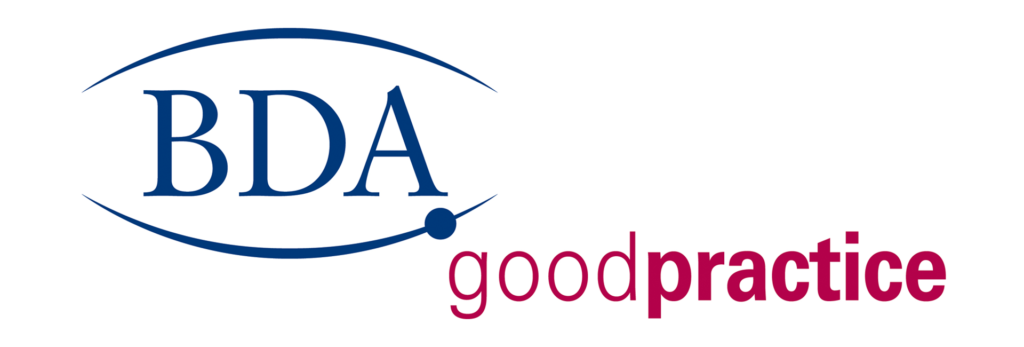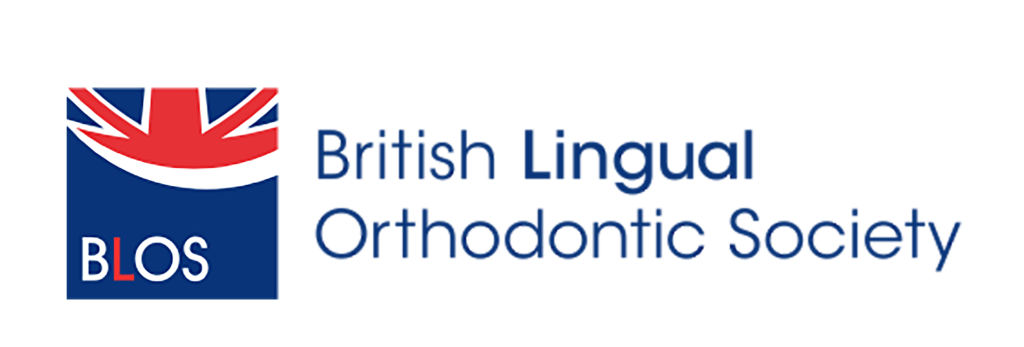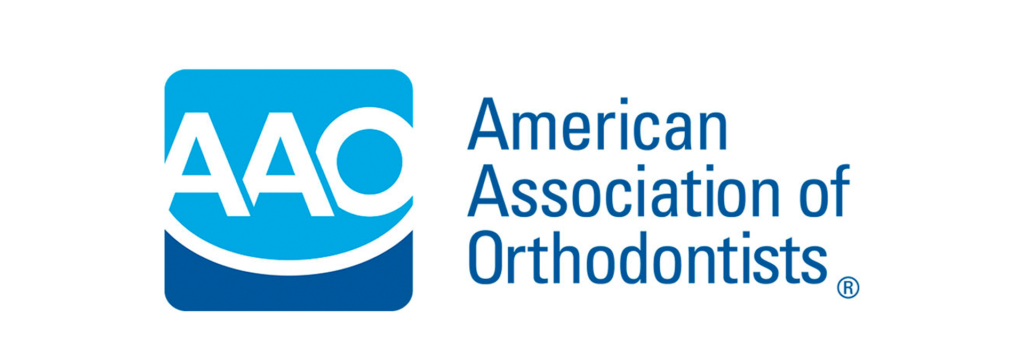Angle House Blog
New Year’s resolutions for your teeth

As we chime in the new year, many of us resolve to overhaul ourselves. At the beginning of the year, it’s exciting to consider the possibilities of perhaps a new job, a house move, a vegan diet or a fresh fitness routine. But as winter wears on, those promises we made to ourselves can easily waver. We’ve all been there. So this year, we’re resolving to keep it simple. Small but significant steps that will improve ourselves and are easy to keep. If you’d love a healthier mouth, take small steps to improve your oral health in 2021. Here’s our top three resolutions for a brighter smile this year.
1. Visit your dentist regularly
It’s easy to put off going to the dentist. We know we should do it, but it all too quickly falls to the bottom of our ‘to do’ lists. Dental appointments shouldn’t just be made when there’s a problem. Prevention is better than cure, and regular check-ups can catch issues before they become a painful or dangerous problem. Dentists will check for mouth cancer, hygiene, gum disease and cavities – and early detection can improve treatment. So don’t put it off this year! Make sure you’re registered with a local dentist – if you’re based in North London then check out our sister site Angle House for dentistry and orthodontics. Pop reminders in your diary when you should be making an appointment and make sure you go.
2. Floss
Flossing or interdental cleaning is another dental goal we all have, but rarely do. Clean between the teeth with floss, a water flosser or interdental brushes at least once a day. Flossing regularly lowers your risk of cavities, reduces discoloration around your teeth so you can enhance your smile, and also reduces your risk of developing gum disease. You can read all of our top tips for effective flossing here.
3. Ditch bad habits
We all have them – those habits we know aren’t good for us or our teeth. Whether it’s a lot of sugar, dark coloured drinks or smoking, too much of them is not good for our oral health or general wellbeing. The new year is the perfect time to ditch any of those things you have too much of. Make choosing better food and drinks choices your main goal for the year ahead.

Frequent consumption of food and beverages containing carbohydrates and acids contributes to tooth decay, so it is important to brush after snacking. Using a Xylitol-containing gum or lozenge after a meal will also help to neutralise acids and reduce cavity-causing bacteria and plaque build up. All sugars can cause tooth decay. Sugar can come in many forms – and sucrose, fructose and glucose are just three examples that can damage your teeth. Many processed foods have sugar in them, so check labels when you are shopping to ensure you’re not consuming hidden sugar. The higher up sugar appears in the ingredients list, the more sugar there is in that product. A product that says ‘No added sugar’ does not necessarily mean it is sugar free. These products may contain sugars such as glucose, or the sugars may be listed as ‘carbohydrates’. Acidic foods can cause dental erosion. Foods and drinks like vinegar, cola, fruit juice and citric fruits all have low pH values, making them acidic and potentially damaging to your teeth.
Think about your snacking, too. It’s better to eat three meals a day instead of lots of snacks. If you do snack, opt for foods without any sugar. Fruit does contain acids, which can erode your teeth. However, this is only damaging to your teeth if you eat an unusually large amount. Try not to have a lot of dried fruit as it is high in sugar. Teeth-friendly snacks include cheese, raw vegetables, nuts and breadsticks. These are all great choices for your general health, so are a win-win. Avoid sweets and only drink water and milk to optimise your oral health. Chewing gum makes your mouth produce more saliva, which helps to cancel out the acid in your mouth after eating or drinking. Eating sugar-free gum after meals can prevent tooth decay – but make sure it’s sugar-free!
A diet that is rich in vitamins, minerals and fresh fruit and vegetables can help to prevent gum disease. Gum disease can lead to tooth loss and cause bad breath.

 Postcode Finder
Postcode Finder






